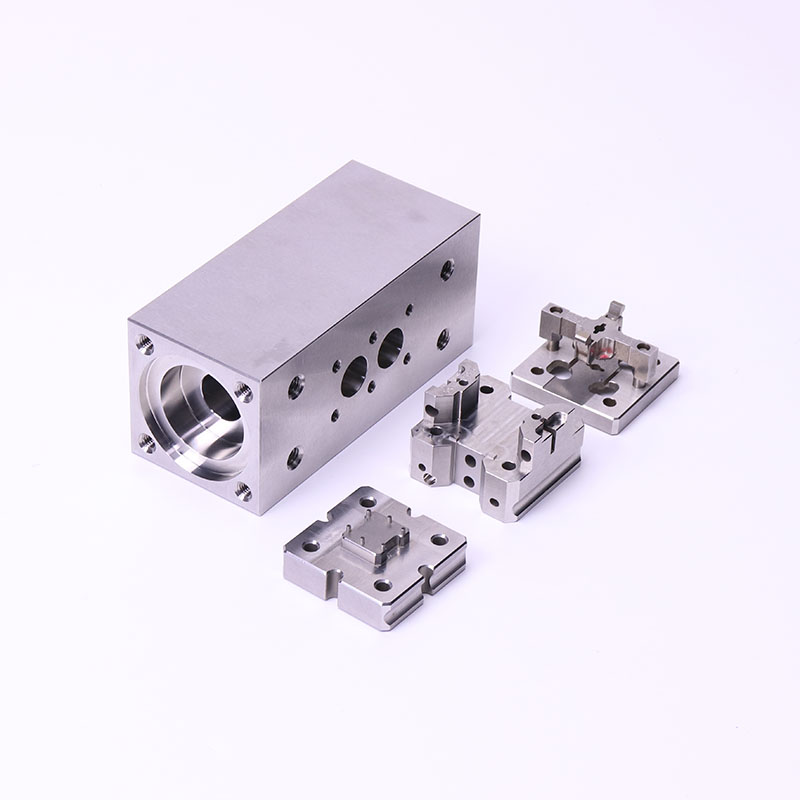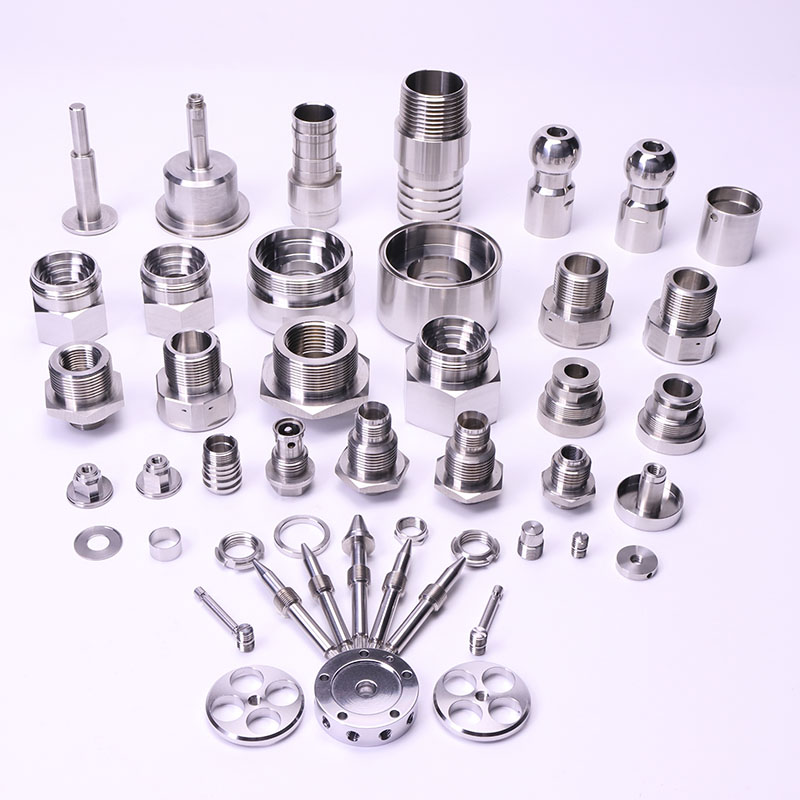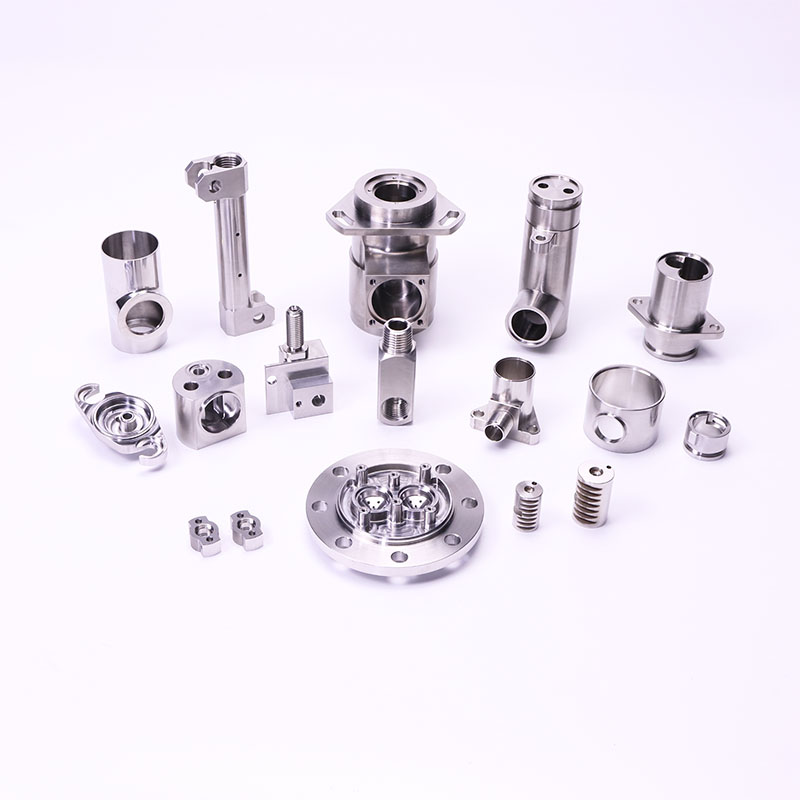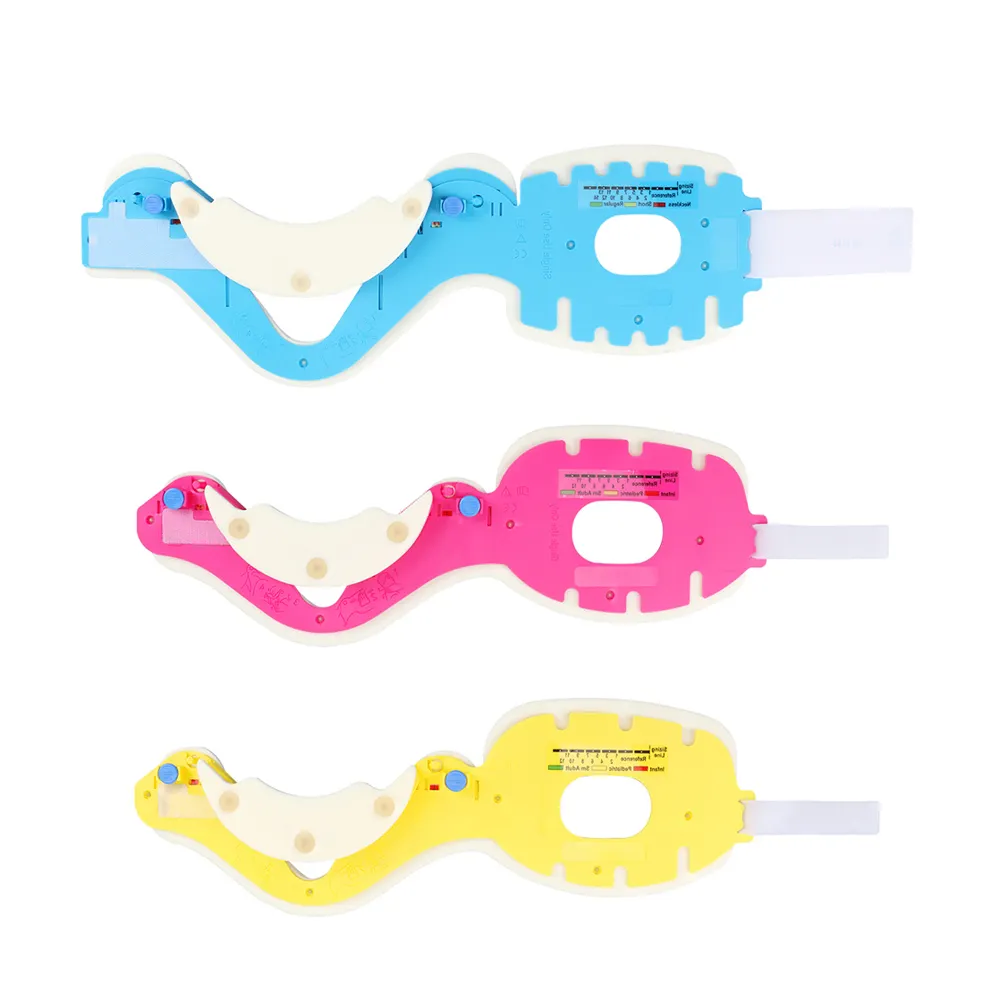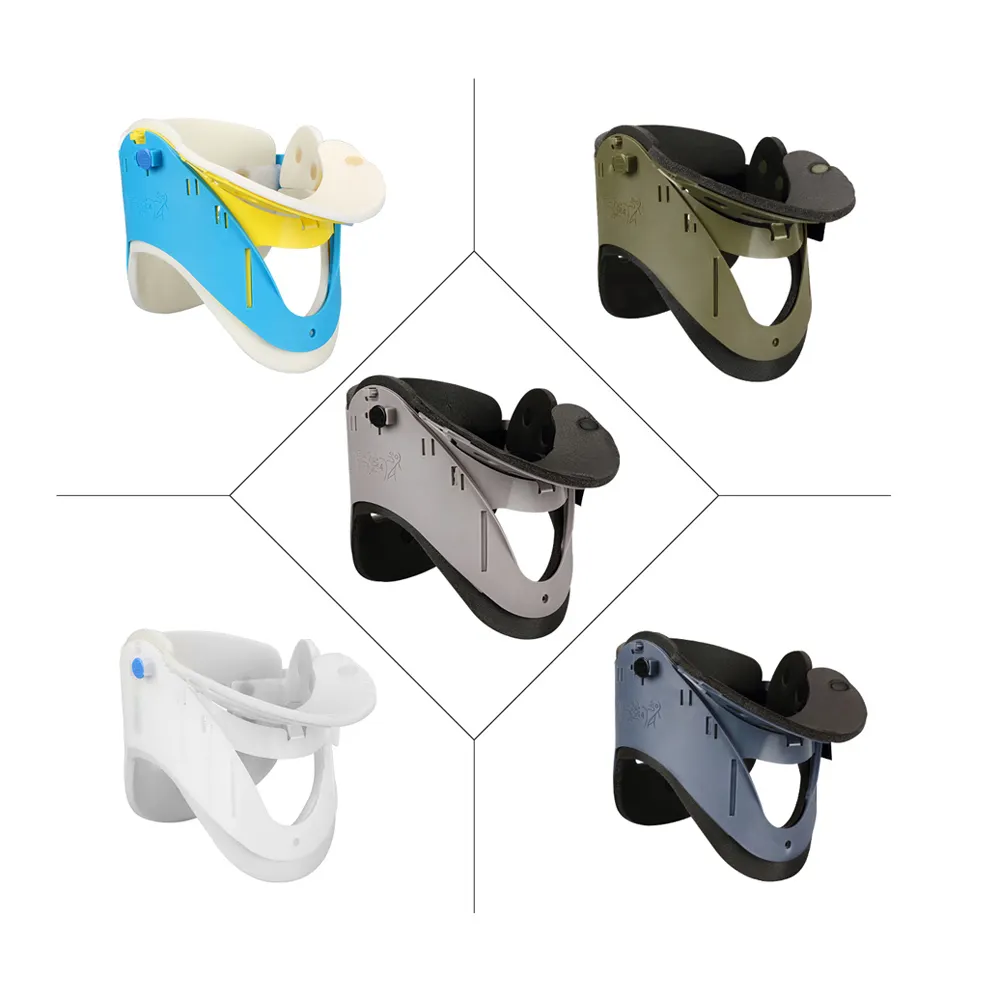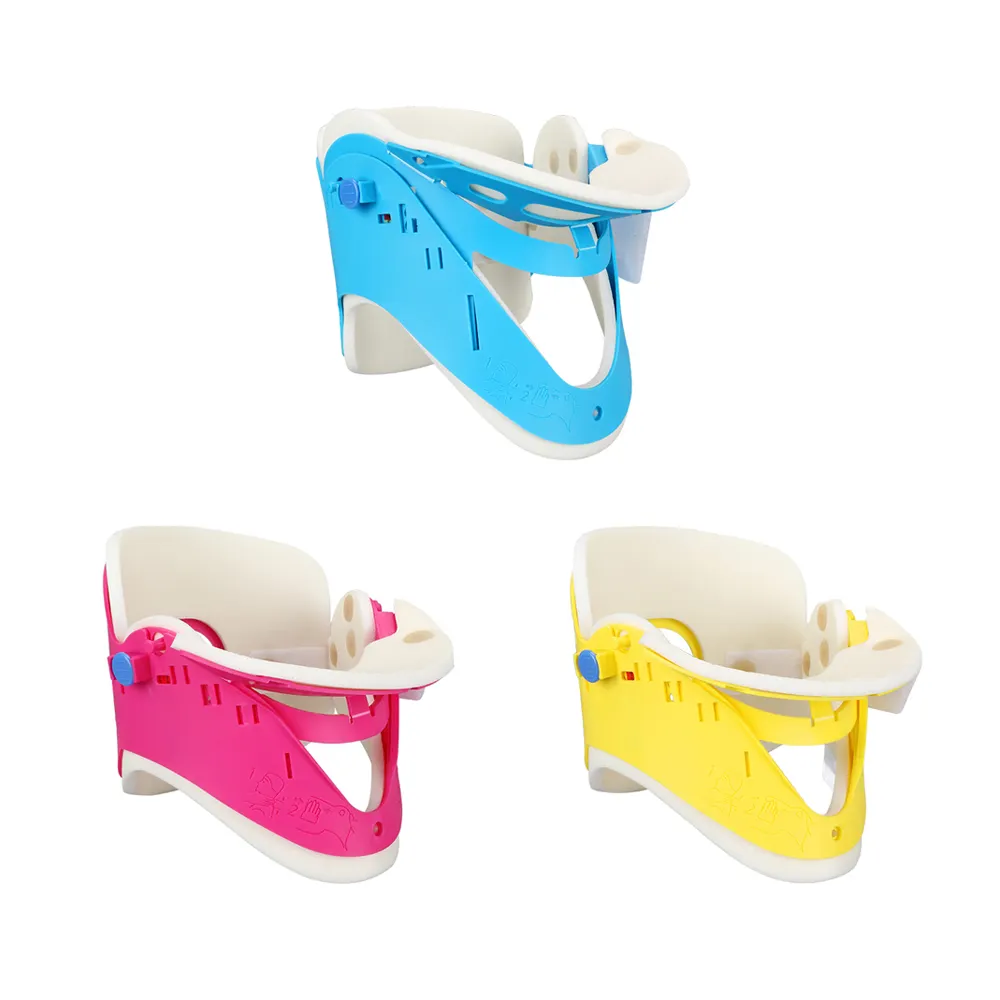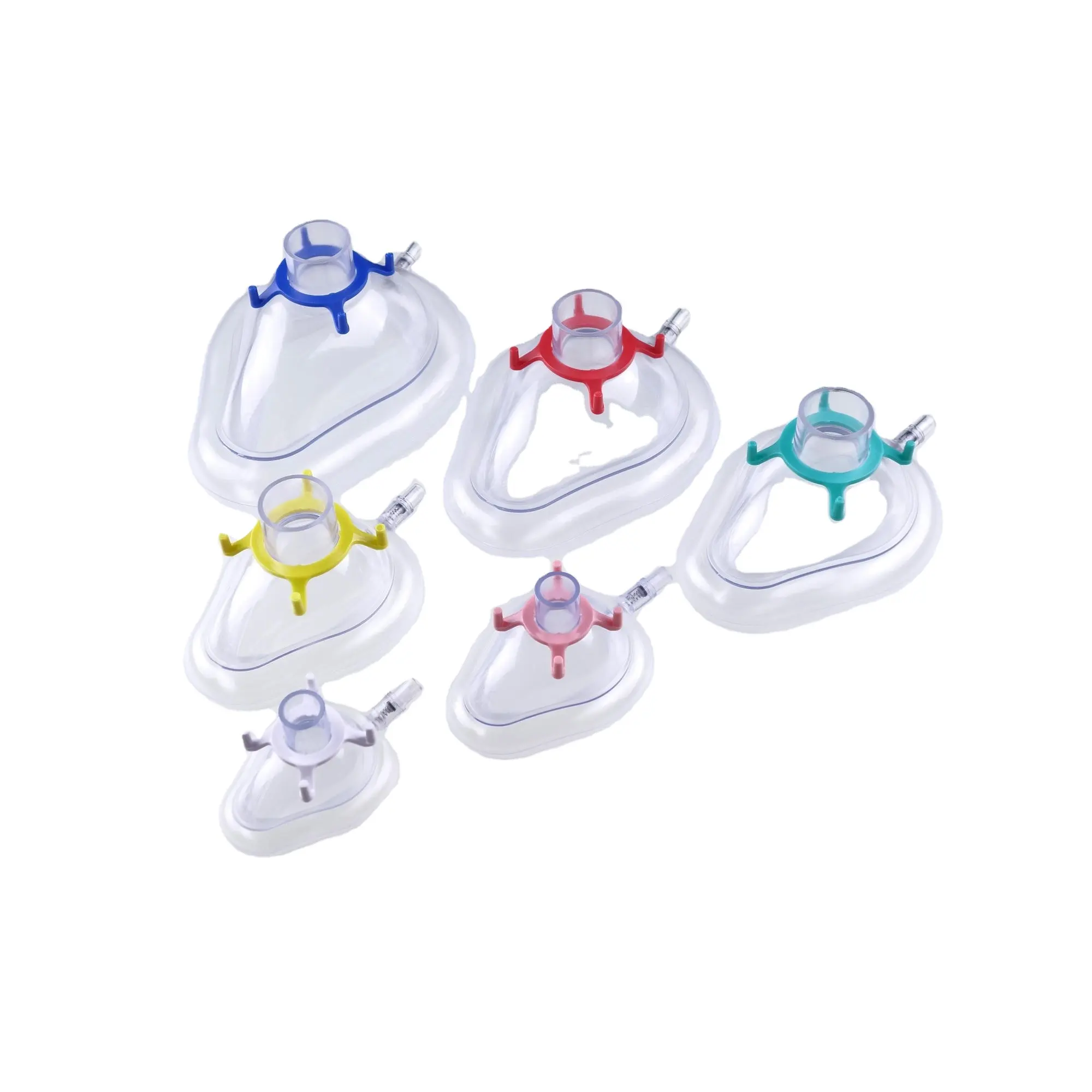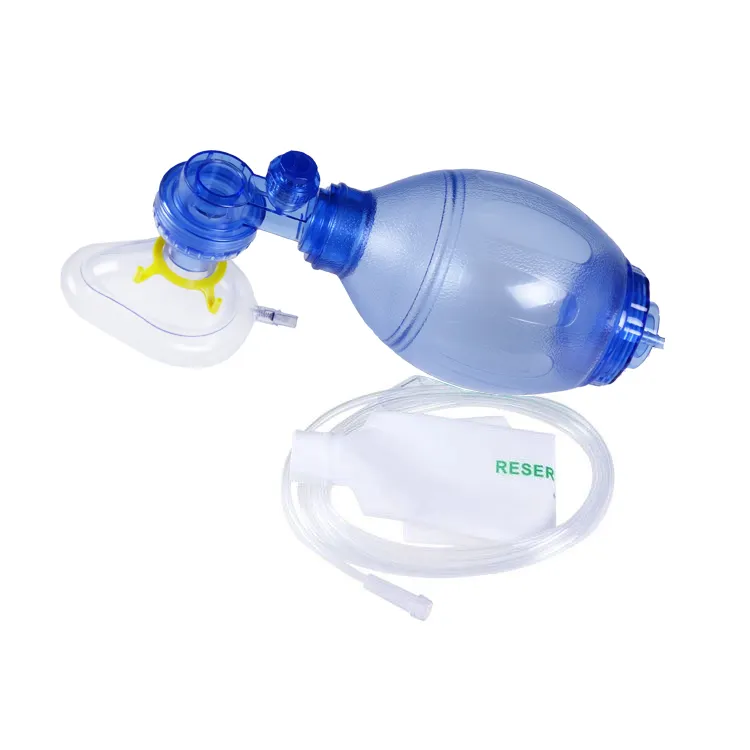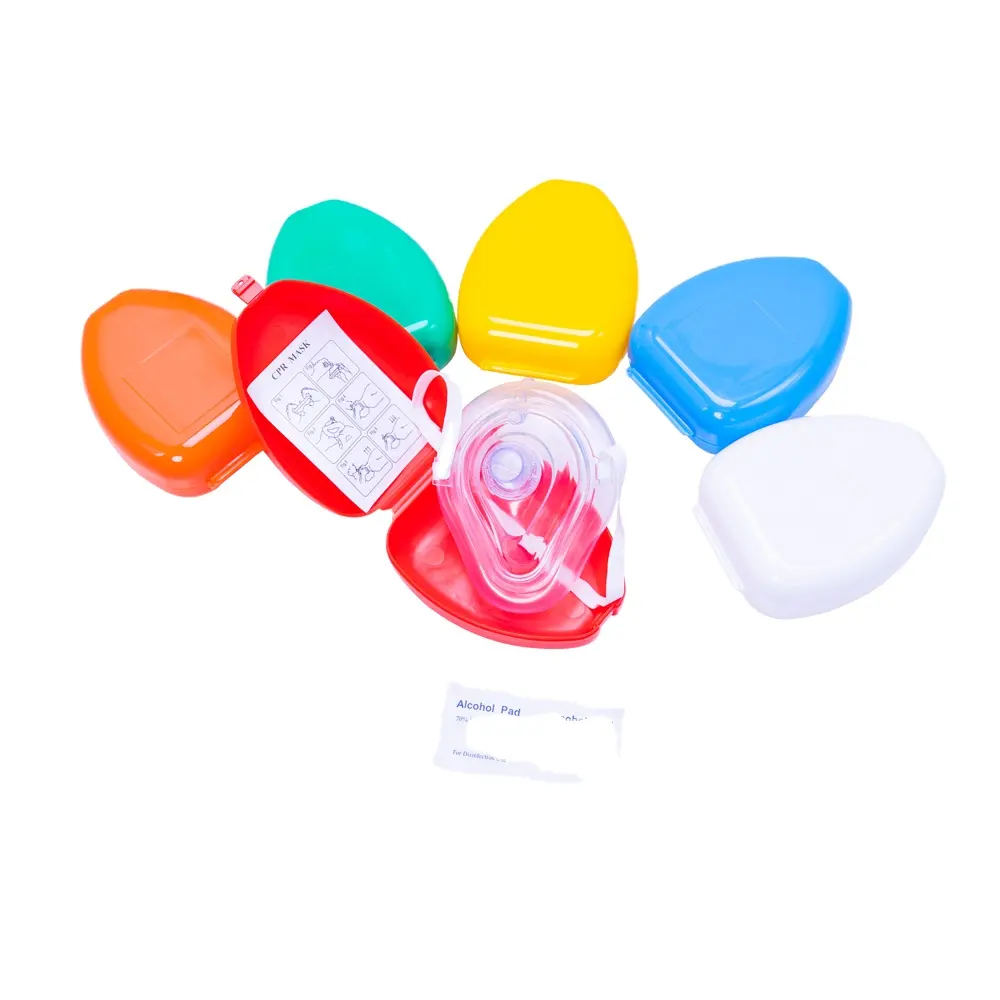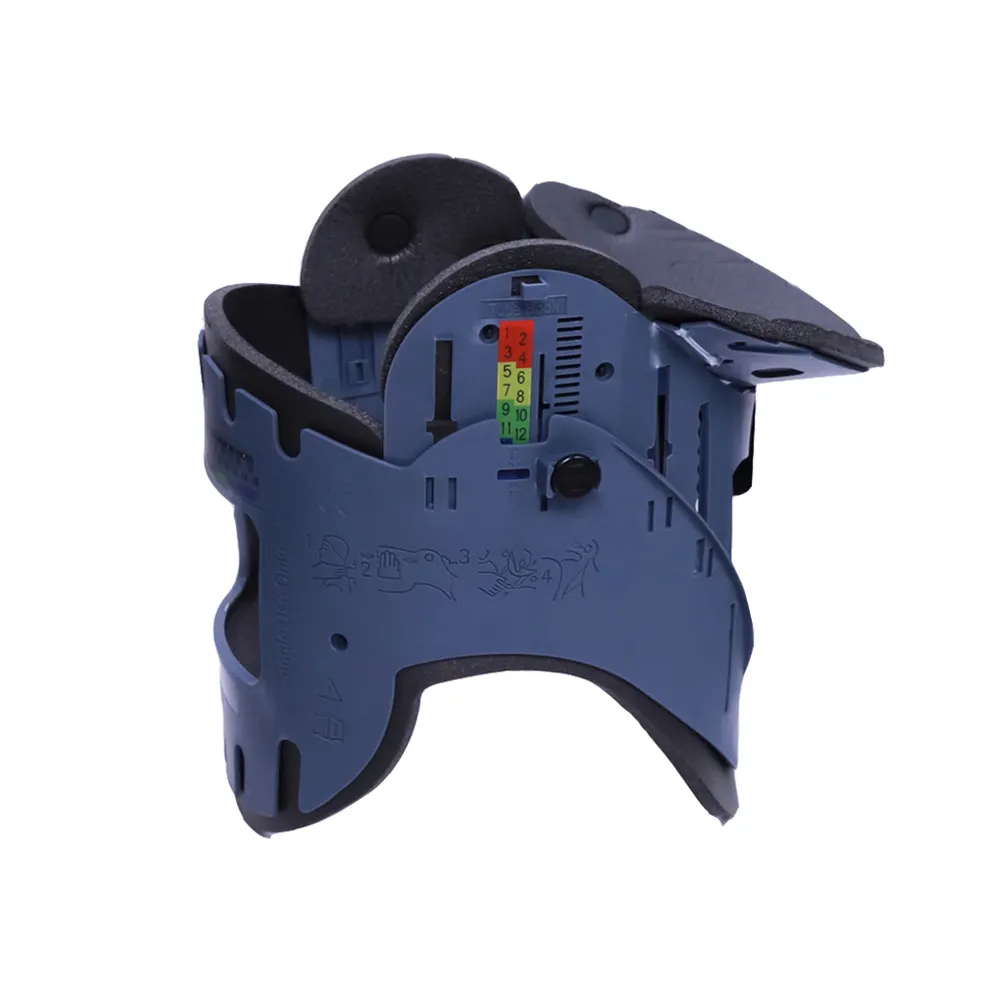CNC Machined Parts: A Key to Precision Engineering and Efficient Production
Abstract
CNC (Computer Numerical Control) machining has revolutionized modern manufacturing, offering precise, automated solutions to industries worldwide. In this article, we explore what CNC machining entails, its significance across various sectors, and the benefits it brings in producing high-quality, customized components.
Introduction
CNC machining has become the backbone of modern manufacturing, streamlining processes and ensuring unparalleled precision. But what exactly does CNC stand for? CNC stands for Computer Numerical Control, a method by which machines are controlled by computer programs to execute precise movements. This technology is crucial in producing high-quality components for industries such as aerospace, automotive, and healthcare.
1. What is CNC Machining?
1.1 Defining CNC Machining
CNC machining refers to the process of using computer-controlled machines to perform tasks like cutting, milling, drilling, and turning. It allows for high accuracy and repeatability, making it ideal for creating complex components.1.2 The Basics of CNC Technology
CNC machines are powered by digital instructions generated from CAD (Computer-Aided Design) files. These instructions guide the machine tools to shape raw materials into the desired form, minimizing human error and maximizing efficiency.
2. Key Advantages of CNC Machining
2.1 Enhanced Precision and Accuracy
CNC machines are capable of producing parts with extremely tight tolerances, making them essential for industries where precision is critical, such as aerospace and medical device manufacturing.2.1.1 Example: In aerospace, CNC-machined engine components can achieve tolerances as tight as 0.0001 inches, ensuring optimal performance and safety.
2.2 Increased Efficiency and Speed
CNC machining reduces production time and costs by automating the manufacturing process. Automated setups, minimal manual intervention, and consistent output enhance overall productivity.2.2.1 Example: A CNC machine that previously took 4 hours to complete a part can now do it in 1.5 hours, speeding up the production cycle and reducing labor costs.
2.3 Customization and Flexibility
CNC machines can easily be reprogrammed to produce different components, making them highly adaptable for diverse production runs, from prototyping to mass production.2.3.1 Example: In automotive manufacturing, CNC-machined parts like custom brackets and gears can be quickly adapted to meet the design specifications of different vehicle models.
3. CNC Machining in Industry Applications
3.1 Aerospace Industry
3.1.1 Engine Components
CNC machining is widely used to produce critical engine parts such as turbine blades and fuel injectors, which require extreme precision to operate under high-stress conditions.3.1.2 Structural Components
CNC machines help fabricate complex structural elements like wing brackets and landing gear, which must meet stringent safety standards.3.2 Automotive Industry
3.2.1 Precision Engine Parts
CNC machines are indispensable in the production of high-performance engine parts, ensuring that components such as pistons, crankshafts, and camshafts meet rigorous specifications.3.2.2 Custom Modifications
Automotive manufacturers use CNC machines to produce custom parts for prototype vehicles or limited-edition models, ensuring that every component fits perfectly.3.3 Healthcare Industry
3.3.1 Medical Devices
CNC machining plays a vital role in manufacturing medical devices like surgical instruments, dental implants, and orthopedic components, all of which require high precision.3.3.2 Prosthetics
Prosthetic limbs and custom implants benefit from the flexibility and precision of CNC machining, which allows for tailored designs that match individual patient needs.
4. Industry Trends and Innovations
4.1 Automation and AI Integration
The future of CNC machining is set to embrace automation and AI, enabling even more efficient production processes. Smart machines can monitor performance, predict maintenance needs, and optimize production settings autonomously.4.1.1 Example: In recent years, AI-enhanced CNC machines have been able to predict wear and tear on tools, reducing downtime and improving operational efficiency.
4.2 Sustainability and Material Optimization
CNC machining's precision not only reduces waste but also allows manufacturers to use materials more efficiently, contributing to sustainability in production.4.2.1 Example: By reducing excess material during production, companies can lower costs and minimize their environmental footprint, making CNC machining an essential technology for green manufacturing.
Conclusion
CNC machining is a powerful technology that has revolutionized manufacturing across numerous industries. Its precision, speed, and flexibility have made it indispensable in sectors that demand high-quality, custom components. As automation and AI continue to evolve, the capabilities of CNC machining will expand, offering even more opportunities for innovation in manufacturing.
References
Smith, John. "The Future of CNC Machining: Embracing AI and Automation." Journal of Manufacturing Technology.
Doe, Jane. "The Impact of CNC Technology in Aerospace and Automotive Industries." International Journal of Precision Engineering.
FAQs
What does CNC stand for?
CNC stands for Computer Numerical Control, a system that automates machine tool operations using computers.What industries use CNC machining?
CNC machining is widely used in aerospace, automotive, healthcare, and more for creating high-precision parts.How does CNC machining improve production?
It increases efficiency by automating processes, ensuring precision, and reducing human error.Can CNC machines handle complex designs?
Yes, CNC machines are ideal for creating intricate parts with complex geometries.What are the benefits of using CNC machining for prototyping?
CNC machining allows for fast, accurate prototyping with the flexibility to adjust designs quickly.

